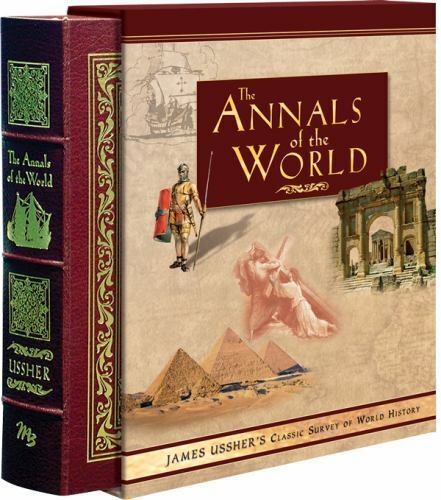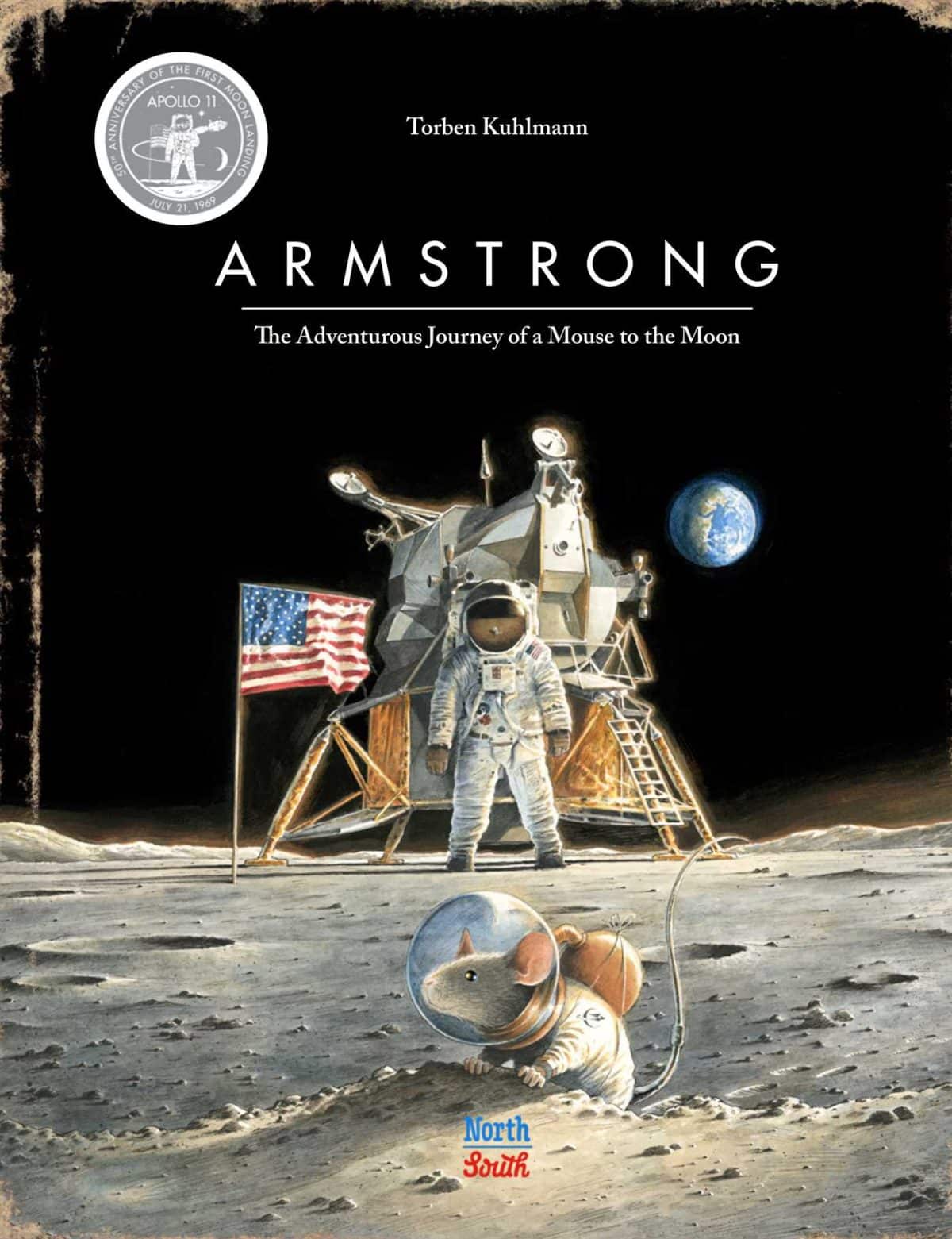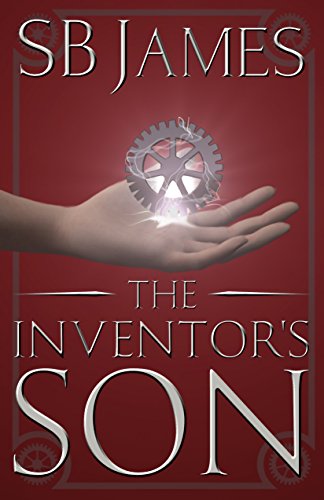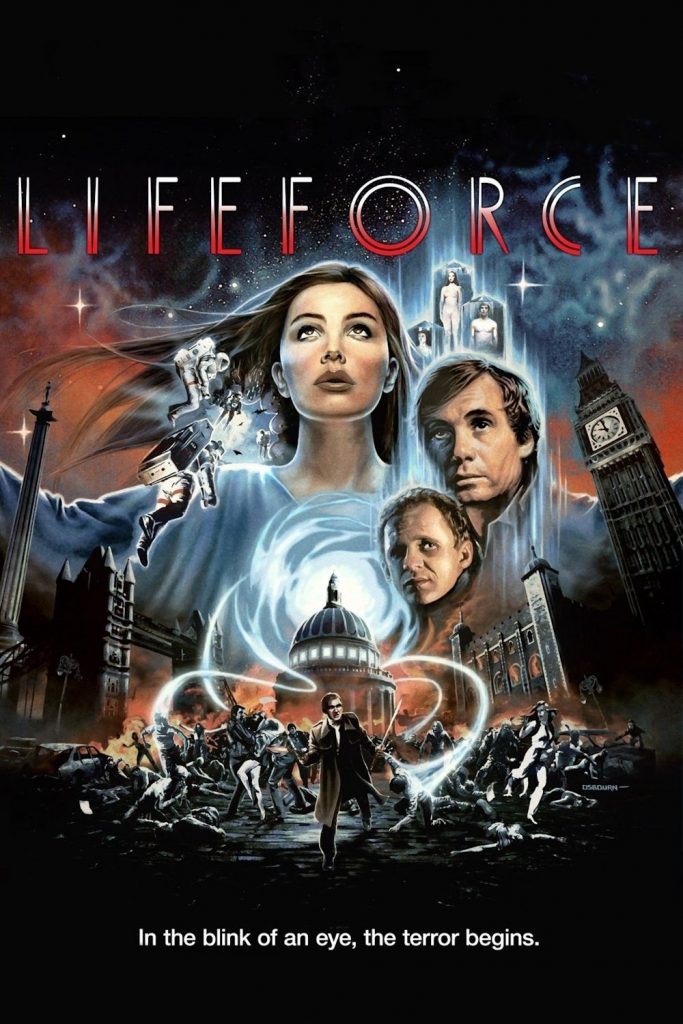This is an essential work for those who would like to understand the chronology of the Bible and the Christian worldview.
Your ancient history questions can be answered with unmatched precision. James Ussher’s Annals of the World offers a comprehensive chronological examination of history from the beginning to 70 A.D. His meticulous research of over 12,000 historical documents (many no longer available) and 2000 quotes from the Bible or the Apocrypha has been compiled into the most exciting history of the world you are ever likely to read.
Could an investigation of ancient civilisations and their historical records prove the accuracy of the Holy Bible? Originally published in Latin in 1650, Annals of the World is an unparalleled academic chronology of sacred and secular history. Ussher’s highly regarded historical timeline has been the foundation of many translations of the Bible and was included in the margins of many King James Bibles throughout the 18th, 19th, and 20th centuries. Answers to your age of the earth questions and Bible contradiction theories can be found in your exploration of human history within these 960 pages.
One of history’s most famous and well-respected historians. James Ussher devoted himself wholly to the defence of the Christian faith. This highly educated and well-travelled historian dedicated several years to writing this monumental ancient world history.










